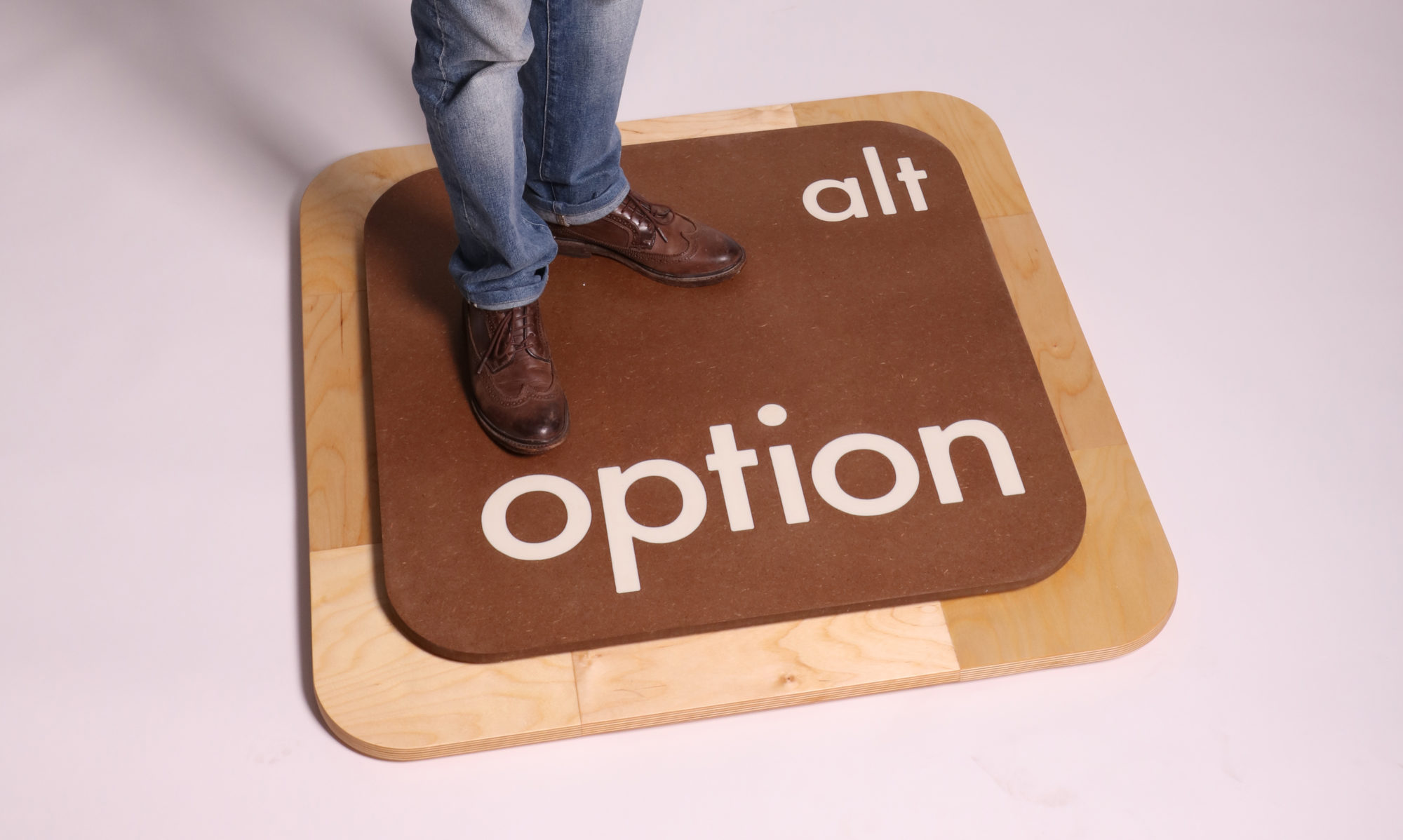What is the difference between a game designer and a game developer?
Game designers come up with prototypes for games where as developers will take those prototypes and polish them to make a marketable version of the game ( and usually a better version). Game development is kind of a hardcore editing stage. Playtesting is done to try and break the game using as many strategies as possible (even extreme ones). Developers make sure that rules are crystal clear, concise, and easy to follow as that will be the only communication you have with the game player. Blind-playtesting is also a part of the development stage, ending with theme and titling of the game.
What are the challenges of balancing a game?
One challenge is choosing the amount of components to have in a game. The more components generally the more complicated a game can become making balance harder to achieve. Using “costing” can help to balance a game. This just means using components of a game have different costs that sometimes players don’t even think about. The trouble with costing is you want to make sure to keep the balance by having better cards “cost” more.
You always want your players to feel and hope that they have a chance of winning until the very end of the game. Games with elimination are boring for players who get kicked out quickly.
Avoid stealing players fun (1) no elimination (2) monarchies are dead and kingmaking sucks (3) don’t reward the Max’s of the world (4) inherent deceleration that is not noticeable (5) sweet spot for player interaction (6) move someone backwards at your own risk
What are the challenges of balancing a game?
(1) Don’t use intermediary terminology (2) use real words if it’s an attack just call it that (3) don’t make more work than necessary (4) add a little spice, but not too much spice (5) don’t make your rules smarter than your audience (6) if you can’t explain a rule, don’t write it (7) make your rules easy to read and comprehend stylistically (8) make the game easy to look at (9) playtest your final version! (10) Fix it in the FAQ
How has play testing changed your game?
I’m really in love with my game “I’m Cookin” which is funny to me because it was a last minute 2am idea I never thought I would develop. Playtesting has helped fix a lot of the mechanical errors as well as the vitally important pacing error of my game. My game has gone through 2 playtests which has been unbelievably helpful in starting to complete a more polished prototype of the game. I wouldn’t be where I’m at without playtesting.
I have a hard time picking who I would like to play my game. Another blind test with people who have never played would be helpful. However, having someone who has played each newly developed version is something I think would be a great perspective.
I think the audience for my game ends up being like teens/adults. I just don’t think kids who are too young to have started attempting to cook would enjoy the game at all. Although, it’s basically a matching game at it’s core so who knows.
Who should play test your game outside of class?
I would like my friends at the Four Horsemen to blind playtest my cooking game at some point once I get the polished version. I think have a group of gamers who usually come to the mall for D&D play and drink chocolate milk play my game would be an interesting perspective.
Usually though my family and friends are helping playtest my games outside of class. My wife is my number one play tester (not usually because she wants to be) which is great because she’ll give me her unbiased opinion even if I cry into my cat’s belly later.
